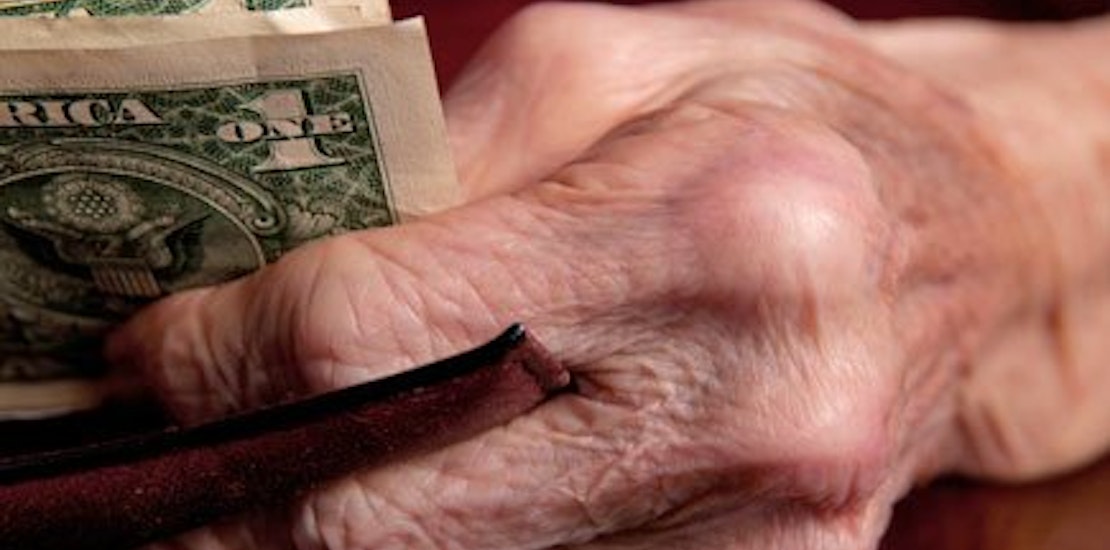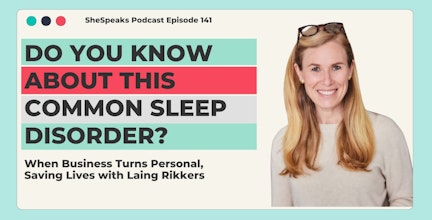The Real Reason Older People Are More Vulnerable to Scams

It’s widely known that older people are more often the target of scams and will fall for them more readily than those that are younger. The high rate of senior citizens being defrauded in this country is no small problem. Metlife’s Mature Market Institute says senior lose about $2.9 billion each year due to fraud. Experts have held the notion that the reason older people become victims of fraud more often is due to diminished brain capacity and having more assets than a younger person.
But new studies are now suggesting that their vulnerability to scams may have to do with something else entirely. NBC News reports about the new study published in the Proceedings of the National Academy of Sciences that shows those between the ages of 80 and 89 may be more vulnerable to falling for scams because their brains no longer process visual cues the way they used to.
Researchers showed participants ages 55 to 84 photos of people’s faces with a number of different expressions and asked them to rate them on their trustworthiness. Those in the younger groups picked up on subtle cues that facial expressions often elicit. Shelley Taylor, a professor of psychology at the University of California Los Angeles, explains “(Cues) that reliably occur when people are being deceitful are a backward lean, a false smile – so that is a smile that you see in the mouth but it doesn’t extend up to the eyes. Gaze aversion. In our stimuli, people also see males as less trustworthy than females. And for some reason facial hair is a cue to untrustworthiness — people perceive it that way, even though men with facial hair aren’t any less trustworthy.”
Participants were also given MRI tests to see how their brains reacted in real time to the facial expressions and the older groups persistently showed less activity in the are of the brain that deciphers expressions and characteristics. Taylor explains, “Their brains are not saying 'be wary,' as the brains of the younger adults are. Thus, a diminished ‘gut’ response to cues of untrustworthiness may partially underlie older adults’ vulnerability to fraud.”
What do you think of the study suggesting older people are more vulnerable to fraud due to their inability to process social cues?
How do you think older people can reduce their risk of falling for scams?
Make a Comment
 by
Kay3131 | New York, NY
by
Kay3131 | New York, NYThis year we've seen financial fraudsters dupe technologically sophisticated insitutions too - so whether it is a claim from someone with/without a beard or Jamie Dimon himself (in disbelief of his $2bn boo-boo which 2 weeks later was reported as an even-bigger $5bn gaffe) - two ways that people of all ages can reduce being easily-led on financial matters - are to give little weight to non-governed or gut-response clues & claims (visual, internet, verbal) and use differing sources to verify print claims before you transact. Even a hospital caring for a Duchess can fall victim to a scam.










_01252024061712.jpg?max-w=432&max-h=220&fit=crop&auto=format)

_10242023164832.jpg?max-w=432&max-h=220&fit=crop&auto=format)


_08172023152001.jpg?max-w=432&max-h=220&fit=crop&auto=format)


 (6)_07082023175312.jpg?max-w=432&max-h=220&fit=crop&auto=format)
 (1)_05192023144508.jpg?max-w=432&max-h=220&fit=crop&auto=format)

 (37)_05032023114523.jpg?max-w=432&max-h=220&fit=crop&auto=format)
 (3)_04112023125932.jpg?max-w=432&max-h=220&fit=crop&auto=format)
 (36)_04272023152113.jpg?max-w=432&max-h=220&fit=crop&auto=format)